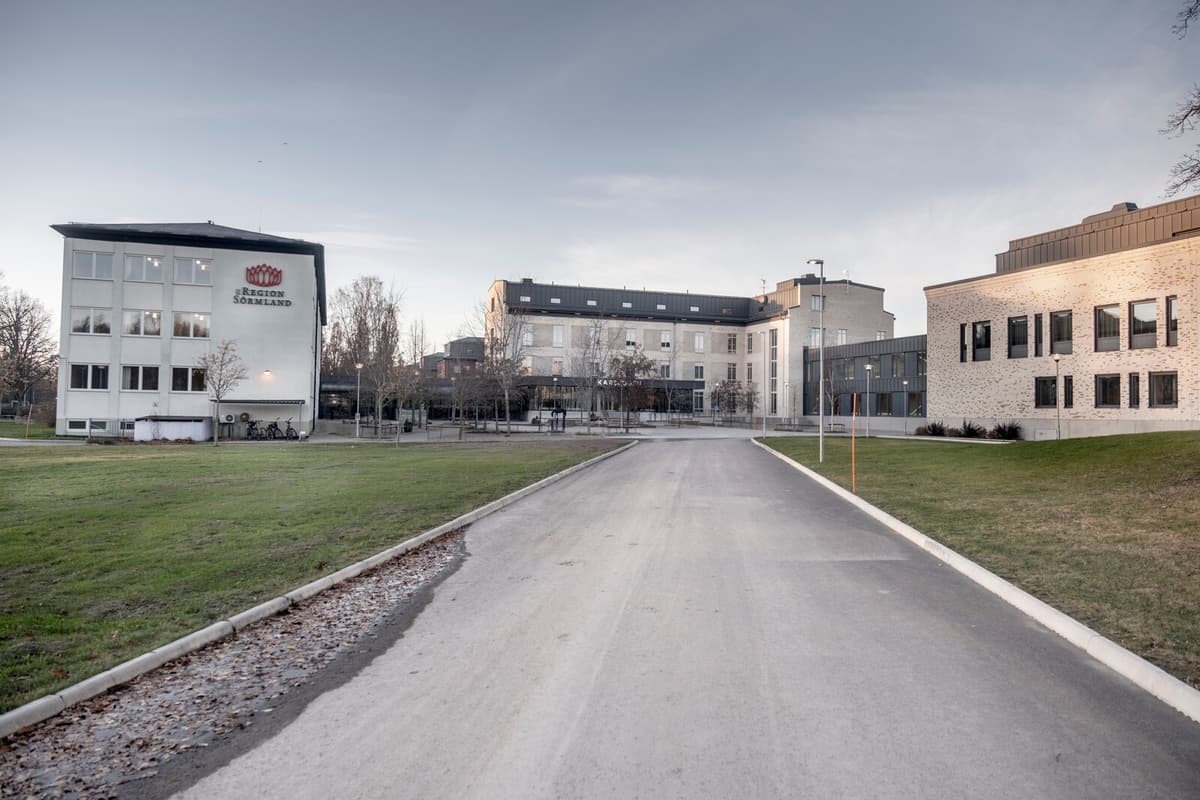Between 2014 and 2019, the number of people sentenced to forensic psychiatric care in Sweden increased from 261 to 356.
Since then, the number of sentences has stabilized, but last year saw a new significant increase, with the number of individuals who committed crimes and were deemed to suffer from a serious mental disorder rising from 312 to 366.
This increased need for care that we are seeing will persist and will have a cumulative effect since the care periods are so lengthy. This will have effects for a very long time, says Mikael Malm, administrator at the department for care and social welfare at SKR.
Longer care periods
In addition to the sentences increasing, the care periods have also increased, further increasing the pressure on psychiatry, which has not kept up. For a long time, occupancy rates above 100 percent have been reported throughout the country. The latest figures show a national average of 110 percent, with Region Västerbotten standing out with 153 percent in January.
A prognosis of the future need for forensic psychiatric care that SKR has now presented shows that the pressure is likely to continue to increase – and that the planned expansion is severely underdimensioned.
Beyond the 183 new inpatient care places planned for 2029, a further 300 places are required to achieve an occupancy rate of 90 percent, according to the prognosis.
By 2035, 560 extra places are required, according to SKR. This corresponds to over 2,000 permanent inpatient care places, compared to today's approximately 1,350.
Are you worried about this prognosis?
I think the regions are certainly thinking about how to meet these challenges, says Mikael Malm.
But there is a very strong commitment from forensic psychiatry now to develop and expand, to achieve more equal and patient-safe care, he continues.
The prognosis is based on an assumption of an increased number of sentences in line with the last ten years. There is no trend break that indicates a reduced pressure, emphasizes Mikael Malm.
Unclear cause
Beyond expanding, one must develop care to reduce care periods and improve the processes surrounding discharge, according to SKR.
There is no clear answer to what lies behind the increase in the number of sentences.
But in the long term, we need to develop methods and strategies to prevent people with mental illness from committing crimes. And it's not just about general psychiatry, but about the entire society's safety net, he says.
Marc Skogelin/TT
Facts: Forensic psychiatric care
TT
Those who suffer from a serious mental disorder and commit crimes are sentenced to forensic psychiatric care. For most of those sentenced to forensic psychiatric care, a so-called special discharge assessment (SUP) is also decided.
SUP means that the administrative court, not the chief physician, decides when a patient is discharged. The court shall, in those cases, make a comprehensive assessment of the person's situation, where one particularly takes into account the risk of reoffending.






